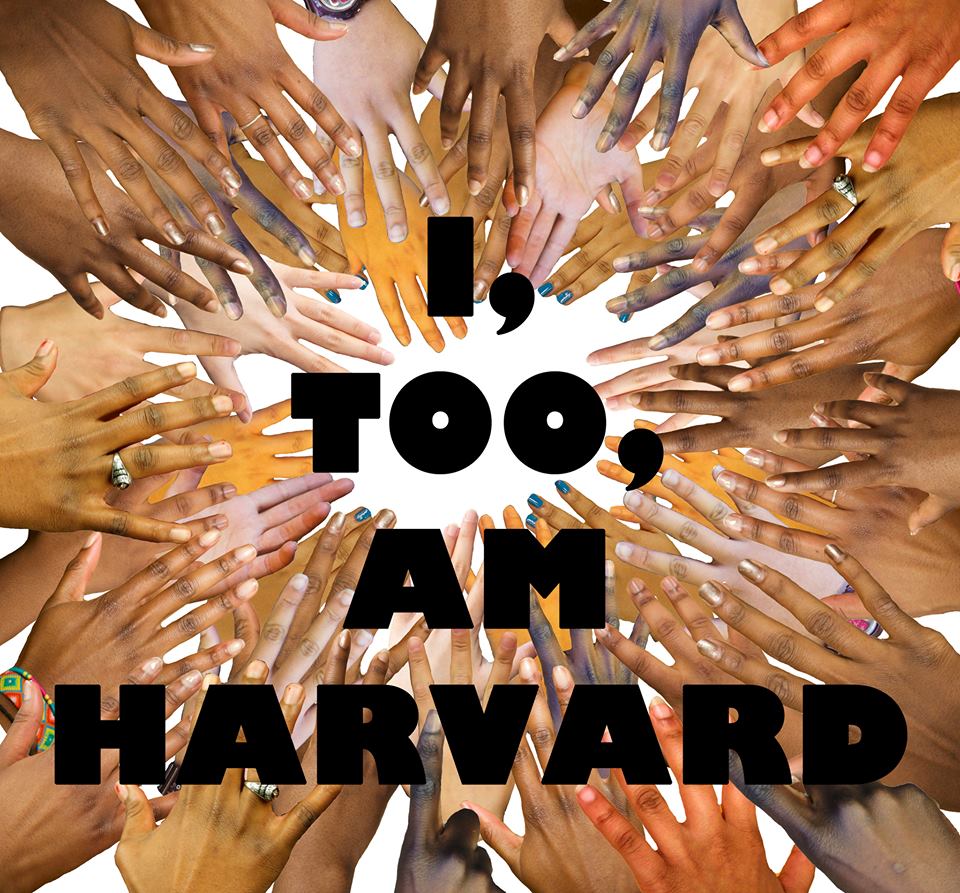
News
Cambridge Residents Slam Council Proposal to Delay Bike Lane Construction

News
‘Gender-Affirming Slay Fest’: Harvard College QSA Hosts Annual Queer Prom

News
‘Not Being Nerds’: Harvard Students Dance to Tinashe at Yardfest

News
Wrongful Death Trial Against CAMHS Employee Over 2015 Student Suicide To Begin Tuesday

News
Cornel West, Harvard Affiliates Call for University to Divest from ‘Israeli Apartheid’ at Rally
Affirmative Reaction

It is a memory that burns deeply in my mind. I had been a student at Harvard for less than two months when affirmative action became an inescapable topic of discussion. The Crimson had published a column piece titled “Affirmative Dissatisfaction,” which called into question the admission of every racial minority on Harvard’s campus in its attack on affirmative action.
I, like many of my friends, could not believe that our presence on this campus had been likened to “helping the visually impaired become pilots.”
The fundamental problem with the attitude expressed in “Affirmative Dissatisfaction” is that it is tragically misinformed about how affirmative action works. It assumes that unqualified people of color are being admitted to this university in droves to meet some kind of quota.
The implication is that there are not enough brilliant, young black and Latino minds in this country—that Harvard is forced to admit the first application it receives that has the correct ethnicity box checked. This is simply untrue. Harvard’s affirmative action policy is holistic. Race is one of many factors, such as legacy status, athletic recruitment, or rural residence that the university considers when admitting students.
The Supreme Court’s current position on affirmative action is crafted using Harvard’s admissions policies as a model.
“In Harvard College admissions the Committee has not set target-quotas for the number of blacks, or of musicians, football players, physicists or Californians to be admitted in a given year,” Justice Lewis F. Powell wrote in the majority opinion of a 1978 challenge to the University of California’s admissions policies. “This kind of program treats each applicant as an individual in the admissions process.”
Affirmative action at Harvard today is affirmative action as it was conceived—equal opportunity for historically excluded groups to compete and succeed at the nation’s top universities.
In the 1950s and early 1960s, Harvard was still a predominantly white, male, Christian institution. A quota on the total number of Jewish students that could be admitted was in place well into the 1950s. During this time, Harvard set a quota of admitted black students at fewer than 12 each year; these black students were usually assigned to room with the other few blacks in their class. Women did not enjoy full social inclusion until well into the 1970s.
If you are not white, not male, or not a Protestant member of Harvard’s campus today, you are a direct or indirect beneficiary of affirmative action, and you should be proud. Our presence on Harvard’s campus is progress personified, a symbol that our university is working towards ending exclusion. We have been given an opportunity where opportunity has not always existed. We are here, we are leaders, and we are achievers.
Without affirmative action, Professor Henry Louis Gates Jr. would not be the man he is today. “No one has benefitted more from affirmative action than I have. The class of ’66 at Yale had six black graduates. My class, the class of ’73, had 96. And the difference was because of affirmative action,” Gates said to me. “Without affirmative action I would not have gone to an Ivy League school like Yale. And that changed my life.”
Professor S. Allen Counter also credits affirmative action with changing his life. “I am a strong advocate for affirmative action because I am a beneficiary of the affirmative action initiative and I am very proud of that,” Dr. Counter said. “The meaning of affirmative action can be described simply as affirmative inclusion and affirmative opportunity. Once we as African-Americans were admitted to previously all-white schools, it was our responsibility to perform academically just as white students, many of whom also entered college on some form of affirmative action.”
The author of “Affirmative Dissatisfaction” suggested that she would be uncomfortable if a physician who benefitted from affirmative action operated on her—because somehow affirmative action removes all credibility of someone who graduated from college, performed well on the MCAT, graduated from medical school, and gained license from their state to practice as a physician. Under that view, it is somehow possible to know whether someone has benefitted from affirmative action—and if so that person should be deemed inferior based simply on looks. This is racial prejudice in its purest form, and it is something that we can no longer accept at this university.
Over the last few weeks, students have been making their voices heard. Indeed, the “I, Too, Am Harvard” campaign, which has gained incredible publicity across the nation, was spearheaded by several members of the black community who were inspired to let the world know that this is the black community’s university too.
I write this piece filled with hope, for my fellow students are not backing down. This is only the beginning. Dr. Martin Luther King Jr. said it best: “The arc of the moral universe is long, but it bends towards justice.”
Dennis O. Ojogho ’16, a Crimson editorial writer, is a government concentrator in Winthrop House.
Want to keep up with breaking news? Subscribe to our email newsletter.
